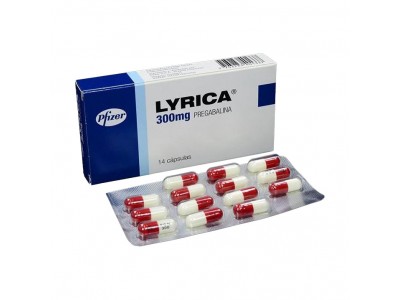Stopping pregabalin (commonly known by the brand name Lyrica) requires careful management due to the potential for withdrawal symptoms and the risk of recurrence of the condition it was prescribed for. Pregabalin is often prescribed for conditions such as neuropathic pain, epilepsy, and generalized anxiety disorder. Abrupt discontinuation can lead to withdrawal symptoms such as insomnia, headache, nausea, anxiety, sweating, and diarrhea.
The most appropriate way to stop taking pregabalin is by gradually tapering the dose under the guidance of your healthcare provider. This process allows your body to adjust slowly to the decreasing levels of the medication, reducing the risk of withdrawal symptoms and potential resurgence of the symptoms it was treating. Your doctor will provide a tapering schedule tailored to your specific needs, which might involve gradually reducing the dose over several weeks.
During the tapering process, it's essential to monitor for any withdrawal symptoms or the return of the condition for which pregabalin was prescribed. If you experience any severe or concerning symptoms, contact your healthcare provider immediately. They may need to adjust your tapering schedule or provide additional support to manage withdrawal symptoms.
Additionally, ensure that you have a support system in place. Informing family or friends about your plan to discontinue pregabalin can provide you with emotional support and help you manage any challenges that may arise during the process.
In summary, stopping 50 mg pregabalin capsules should be done gradually under the supervision of your healthcare provider. They will create a tapering plan to minimize withdrawal symptoms and ensure the effective management of the condition for which pregabalin was prescribed. Regular communication with your healthcare provider throughout the process is essential for a safe and successful discontinuation.

